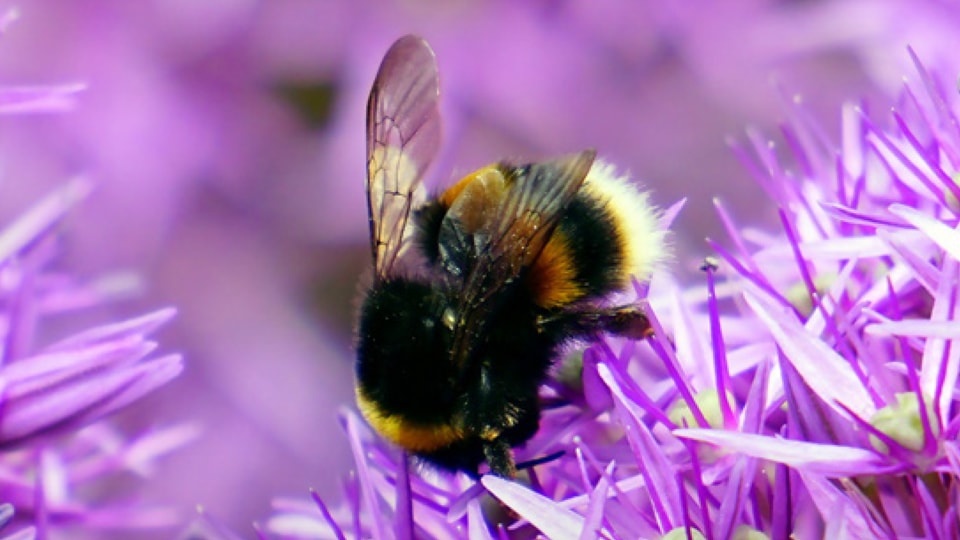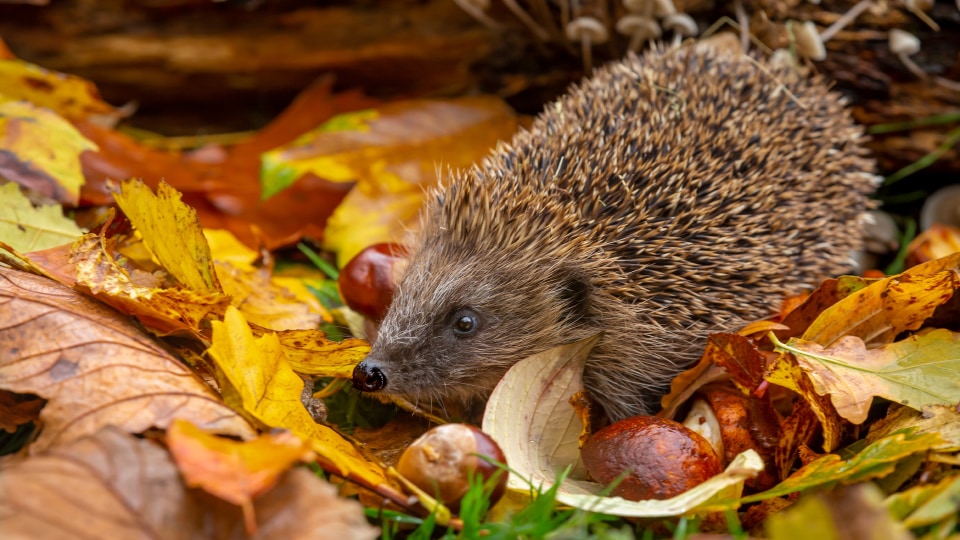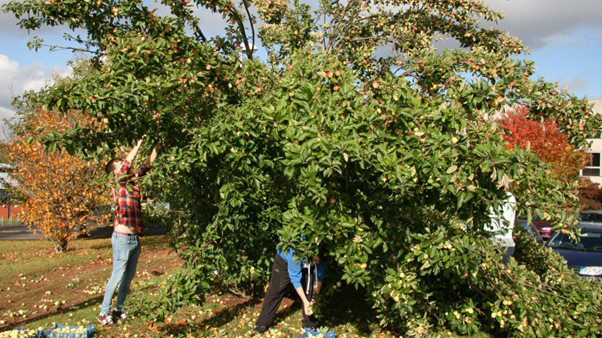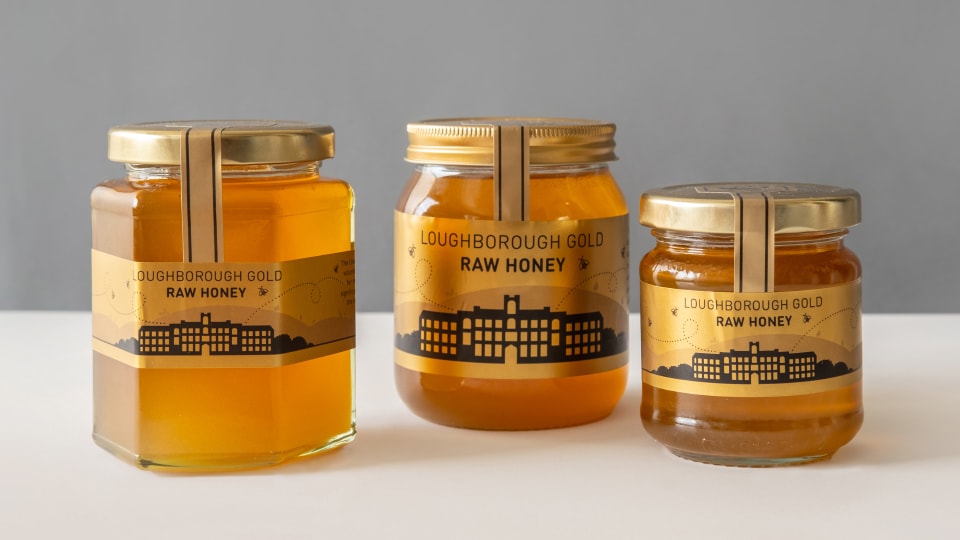Biodiversity
The University is home to an array of wildlife; there are numerous badger setts, hedgehogs, kestrels, and muntjacs.
A Nature Positive University
Loughborough University is a founding member of the Nature Positive Universities Alliance, having signed the pledge in December 2022. Signing the pledge commits us to working towards Nature Positive goals in order to halt, prevent and reverse nature loss through addressing our own impacts and restoring ecosystems harmed by our activities. The pledge includes four key elements:
- Carrying out baseline assessments
- Setting specific, time limited and measurable target for nature
- Taking bold action to reduce biodiversity impacts, protect and restore species and ecosystems, while influencing others to do the same
- Transparent annual reporting.
About our biodiversity and our baseline assessment.
Loughborough University is home to an array of wildlife; there are numerous badger setts, hedgehogs, kestrels, bats and muntjacs.
Bees are a welcome inhabitant of the campus helping to pollinate our fruit, plants, and trees. The University apiary is home to between 6-10 colonies of honeybees. The primary aim of the apiary is to support the declining bee populations and ensure the health and well-being of the bees in our care.
Student and staff volunteers, the Gardens Team and both internal and external researchers regularly monitor species on campus. We have recently recorded / identified:
- 7 species of bumblebees
- 17 species of butterfly (and 345 sightings in 2022)
- 23 species of birds in Holywell Wood
- 50 species of plants in Holywell Wood and 50 in Burleigh Wood
In March 2023 Ark Wildlife recognised the University as one of the UK’s leading higher education institutions for looking after wildlife, meeting 100% of their “platinum tier” requirements.
Managing Biodiversity on Campus
Over the last 18 months we have been undertaking a Biodiversity Baseline Survey across our extensive 500+ acre site to support both our commitment to the Nature Positive Universities Alliance, but also to meet the requirements of Biodiversity Net Gain. This survey combined with the other surveys undertaken are forming the basis of the baseline assessment for our Nature Positive Universities commitment.
Our specific, time limited and measurable targets for nature
The University commits to promoting biodiversity on the grounds with our Biodiversity Action Plan and Woodland Management Plan. We have also participated in the Hedgehog Friendly Campus initiative, a nationwide project set up by the British Hedgehog Preservation Society to help bring hedgehogs back from the brink of extinction.
These Action and Management Plans are currently being reviewed in light of our commitment to the Nature Positive Universities but also in order to demonstrate support for the Local Nature Recovery Strategy as well as the requirements for Biodiversity Net Gain now and in the future. Once reviewed these documents will summarise the outcome of the baseline assessments and provide new specific, time limited and measurable targets for nature through bold action to reduce biodiversity impacts, protect and restore species and ecosystems, while influencing and where possible engaging with others to do the same as part of our Civic University Partnership engagement.
To manage, protect and enhance our biodiverse campus the University has established Biodiversity Working Group. The remit of this group is to develop and steer delivery of the Biodiversity Action Plan and the Woodland Management Plan. This group will also produce an annual publicly available.
How to get involved
We actively encourage student, staff and campus partner engagement in biodiversity on campus through our Hedgehog Friendly Campus initiatives, butterfly and bumblebee transects. Staff and students can also participate in our Biodiversity Working Group and LU Campus Wilding Group.
Students can also join Loughborough Students’ Union’s Landscape and Gardening Society (LAGS) which has a garden with vegetables, fruit trees, and soft fruit bushes, as well as flowers and herbs, all grown in an environmentally friendly way to encourage wildlife and pollinators.
Our contribution to local wildlife is also evident in the opportunities for staff, students and campus partners to participate in wildlife activities, such as guided woodlands tours, Fruit Routes harvest events, and conservation volunteering opportunities.
You can also get involved by simply enjoying the green campus whether for physical or mental wellbeing.





